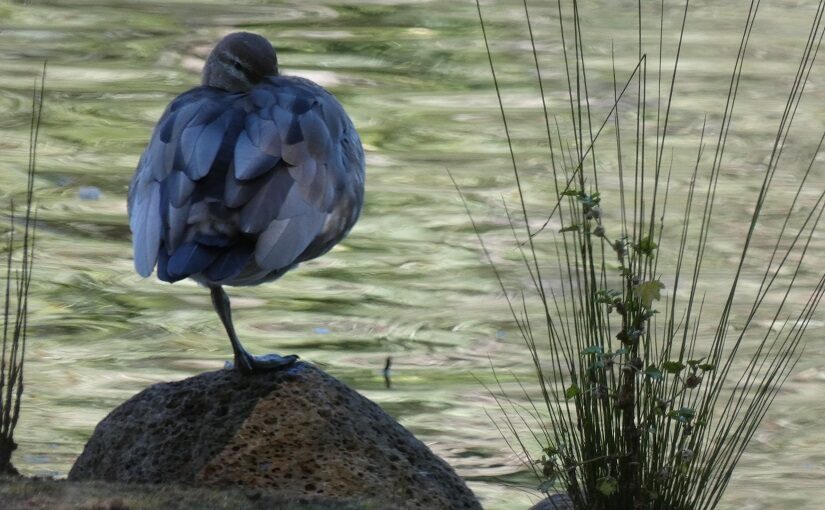Of all the possible ways to be human why zero in on any one particular style of being and make that “the way to be”? As if we’re really just looking for the perfect archetype, the perfect manifestation of any given attribute, rather than embracing the richness diversity confers to our collective existence and the ways in which rising to “meet” difference may even make us better humans.
And, from that starting point, there are clearly many directions this could go, but what’s on my mind at the moment is personality differences such as being reserved and thoughtful or gregarious and dramatic. These basic traits of how we are – how we see things and relate to the world around us – as explored in Susan Cain’s fascinating book “Quiet”.
Looking fairly broadly at introversion and how it sits within the West’s preference for overt individualism and self-presentation, the book paints an interesting picture of how well we’re actually valuing other ways to be human. Why would we praise just one way of being, labelling over a third of our community as in some way flawed?
At its core, it seems to touch on our relationship with reality: that some are more inclined to “go out” to the world and act within it, while others feel the world more strongly making its mark on them. Almost this basic stance of how we stand in the world, how it affects us, and how we find or establish meaning there. The myriad ways human minds meet reality and make sense of it.
Sometimes it seems, in every area, we operate on spectrums between whatever we define as the extremes. Each person, in any given scenario, perhaps shifting their self-expression to meet their environment: confidence, openness, observation, reflection and action altering along with our understanding of the situation. Like equalisers, attempting to balance the inner with the outer; self with other; listening with speaking.
It’s interesting, then, that we might completely discount those more inclined to quiet observation. As if we’ll only listen to those who play the game, join the fray and operate on those terms. Won’t that be pushing a lot of people off balance? Encouraging them to be different from who they are in order to have a place at the table. How would we ever get the best of anyone that way?
While it may not be the biggest problem in the world, doesn’t everything count? Ideally, wouldn’t human society embrace the perspectives of all those living within it – all the diversity community contains – so as to reach a fuller understanding of all it might mean to be human? Idolising one way of being over any other just seems destined to create division, impatience and pressure to conform.
Almost as if we might never know some people; never having found ways to communicate beyond our ideas of how things should go. Going past the limitations of our own being, maybe we grow to appreciate all the other ways to be humans.
Notes and References:
“Quiet. The Power of Introverts in a World That Can’t Stop Talking” by Susan Cain, (Penguin Books), 2012.
These ideas we have of one another
Do we live in different worlds?
Sensitivity & the place for feeling
Treading carefully in the lives of others
Value and meaning in our lives
Everything culture used to be
Words & relating as paths to change

